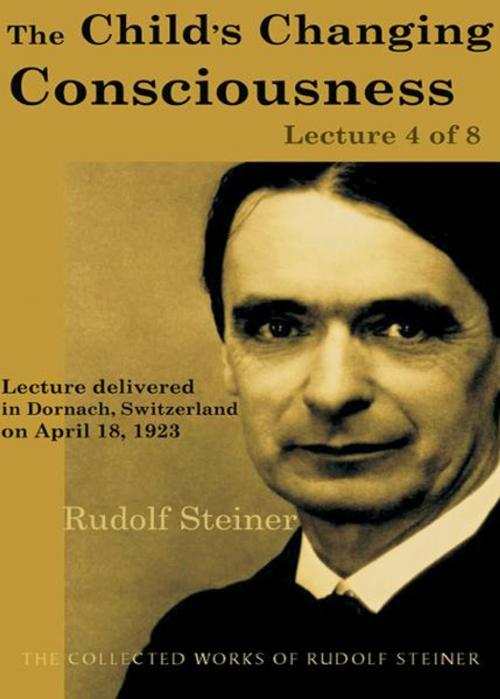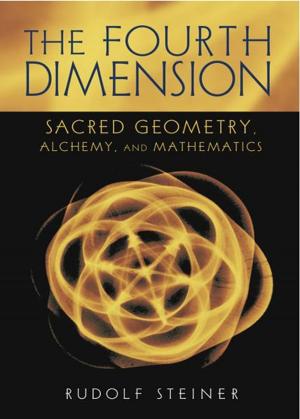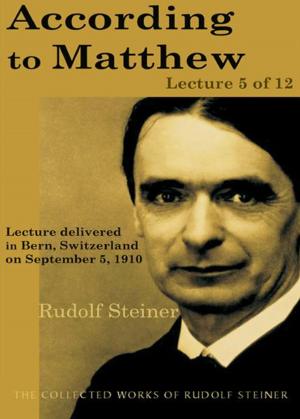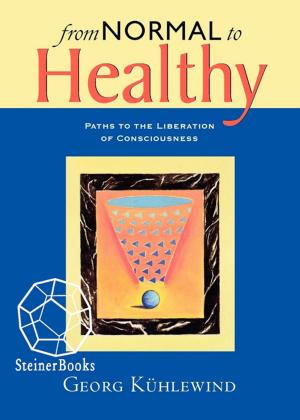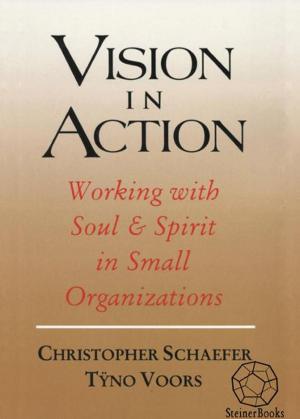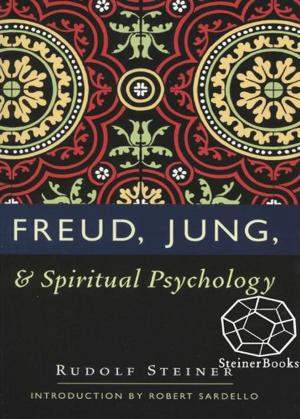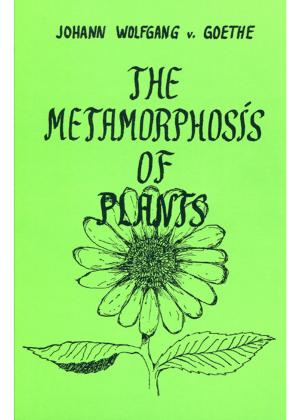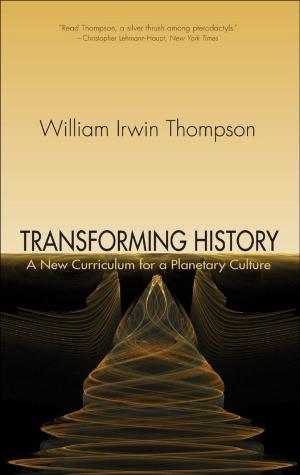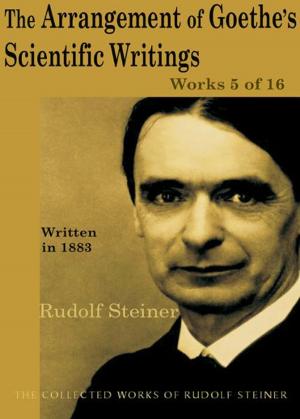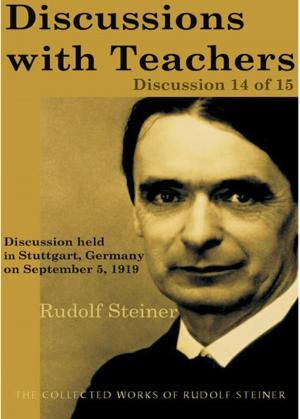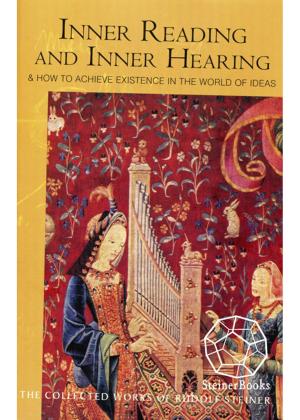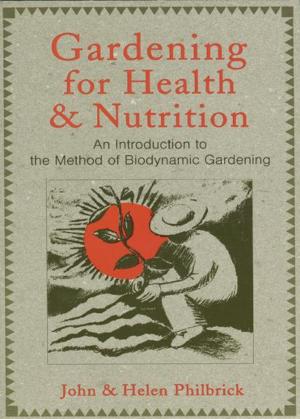The Child's Changing Consciousness: Lecture 4 of 8
Nonfiction, Reference & Language, Education & Teaching, Educational Theory, Philosophy & Social Aspects| Author: | Rudolf Steiner | ISBN: | 9780880107792 |
| Publisher: | Steinerbooks | Publication: | September 15, 1996 |
| Imprint: | SteinerBooks, Collected Works 306 | Language: | English |
| Author: | Rudolf Steiner |
| ISBN: | 9780880107792 |
| Publisher: | Steinerbooks |
| Publication: | September 15, 1996 |
| Imprint: | SteinerBooks, Collected Works 306 |
| Language: | English |
This lecture is part of the collection "The Child's Changing Consciousness" by Rudolf Steiner. Steiner (1861-1925) was an Austrian philosopher, social reformer, architect, and esotericist. He gained initial recognition as a literary critic and cultural philosopher. At the beginning of the 20th century, he founded a spiritual movement, Anthroposophy. He is considered the father of Waldorf education, biodynamic agriculture, anthroposophical medicine and spiritual science. The importance of play during the stage of imitation. The transformation of play into work. Writing out of the activity of painting and drawing. Learning to read. Speech. Vowels and consonants. The main periods of life and the ninth year in particular. Ego and the surrounding world. First nature study. The plant world from the earthly point of view. The animal world as an unfolded or spread out human being. The entire Collected Works of Rudolf Steiner are available from SteinerBooks.
This lecture is part of the collection "The Child's Changing Consciousness" by Rudolf Steiner. Steiner (1861-1925) was an Austrian philosopher, social reformer, architect, and esotericist. He gained initial recognition as a literary critic and cultural philosopher. At the beginning of the 20th century, he founded a spiritual movement, Anthroposophy. He is considered the father of Waldorf education, biodynamic agriculture, anthroposophical medicine and spiritual science. The importance of play during the stage of imitation. The transformation of play into work. Writing out of the activity of painting and drawing. Learning to read. Speech. Vowels and consonants. The main periods of life and the ninth year in particular. Ego and the surrounding world. First nature study. The plant world from the earthly point of view. The animal world as an unfolded or spread out human being. The entire Collected Works of Rudolf Steiner are available from SteinerBooks.
